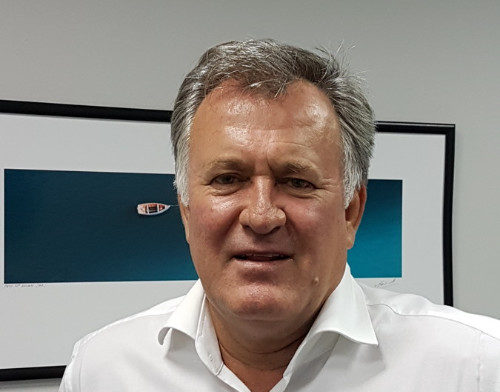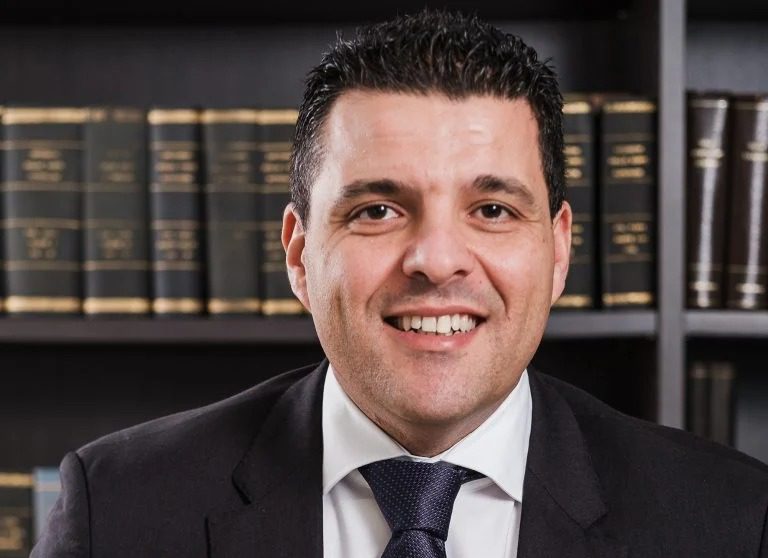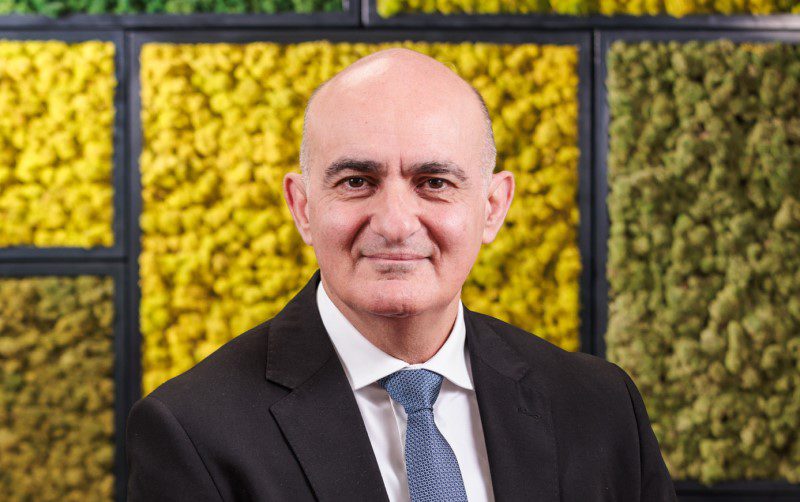In this latest iteration of our Work and Wealth Watch series, where money coach Luca Caruana gives his expert responses to all your questions related to money, work and wealth, we explore the psychology behind a healthy approach to personal finances.
Want to see your own questions answered on MaltaCEOs.mt? Send your questions on [email protected]
Dear Luca,
I’m facing a financial situation that seems quite puzzling to me, and I’m hoping you can shed some light on it. My friend at work, who I’ve known for five years, earns about the same as me, but has significantly more savings. We often talk about our finances, and he credits his success to strict discipline and following advice from top financial gurus like Warren Buffett. His investment strategies have also paid off impressively.
I’m really happy for his achievements, but when I look at my own financial state, I feel like I’m not making the same progress. I’ve tried everything he has – reading up on personal finance, learning about budgeting, building emergency funds, cutting down unnecessary expenses, and even attending financial literacy workshops. These efforts have been informative, yet I don’t see a comparable improvement in my finances.
The heart of my problem goes back to my childhood habits. I’ve always had a tendency to spend any money I receive almost immediately. This pattern has continued into my adult life, impacting my ability to save, regardless of my income. It’s starting to seem like my issue runs deeper than just a lack of discipline or financial know-how.
My question to you is, what should I do if all the standard advice – the reading, the workshops, the classes – hasn’t been effective for me? Is there a different strategy I should explore to address these longstanding financial habits?
Warm regards,
Financially Frustrated
Luca Responds:
Dear Financially Frustrated,
Thank you for reaching out and sharing your story with such honesty. Your willingness to explore your financial challenges is commendable and a great first step towards change.
As I embarked on my journey as a Money Coach in January, one of my core missions was to offer guidance that goes beyond the traditional, one-size-fits-all advice. While I hold great respect for the work of financial coaches like Ramsey (a popular financial coach based in the US), it’s clear that their methods aren’t universally effective. Your situation underscores this reality.
Your efforts in attending workshops and reading extensively about personal finance are indeed admirable. However, the key to lasting financial change often lies deeper, rooted in our earliest experiences with money. It’s not just about education; it’s about understanding your unique “money story.”
Reflecting on Your Money Story:
- Childhood Experiences: Take some time to write down your earliest memories of money. How was money discussed and handled in your household? What messages did you receive about spending, saving, and money in general?
- Emotional Connection: How does money make you feel? Is there a sense of anxiety, excitement, or guilt associated with spending or saving? Understanding your emotional responses to money can be illuminating.
- Learning from Experts: While incorporating lessons from thought leaders like Morgan Housel and Deborah Price, focus on the aspects that resonate with your personal experiences. Their insights can provide valuable frameworks for reevaluating your relationship with money.
- Personalised Approach: Remember, a tailored experience, one that addresses your unique financial personality and challenges, is often more effective than generic advice. This isn’t to diminish the value of generic financial advisors or coaches but to emphasise the importance of a personalised journey.
Change, especially when it involves ingrained habits and emotions, takes time and patience. Be gentle with yourself as you navigate this path. Seeking individualised money coaching or counselling could be a beneficial next step, providing a space to explore these themes in depth.
Your journey to financial wellbeing is just that – a journey. It’s about progress, not perfection. By understanding your money story and addressing the emotions intertwined with your financial decisions, you’re paving the way for a healthier, more fulfilling financial future.
With support and hope,
Luca,
The Money Coach, from the Money Coaching Hub
MedservRegis CEO optimistic amid ‘resurgence in market appetite’ for investment in oil and gas projects
David S. O’Connor was commenting in the group’s Annual Report, in which it was revealed that it made €17.5 million ...
Erich Schumacher to become FIMBank Group Chief Operations Officer
He previously served as Non-Executive Director at the bank for close to two years.
Jean Chapelle Paleologo named new Frank Salt Real Estate Managing Director
He is highly experienced in sales and wealth management within the international financial services sector.
APS CEO anticipates improved performance in rest of 2024 after drop in first quarter pre-tax profit
During the first quarter of 2024, APS Bank reported €5 million in pre-tax profit, 63.5% lower than the same period ...











